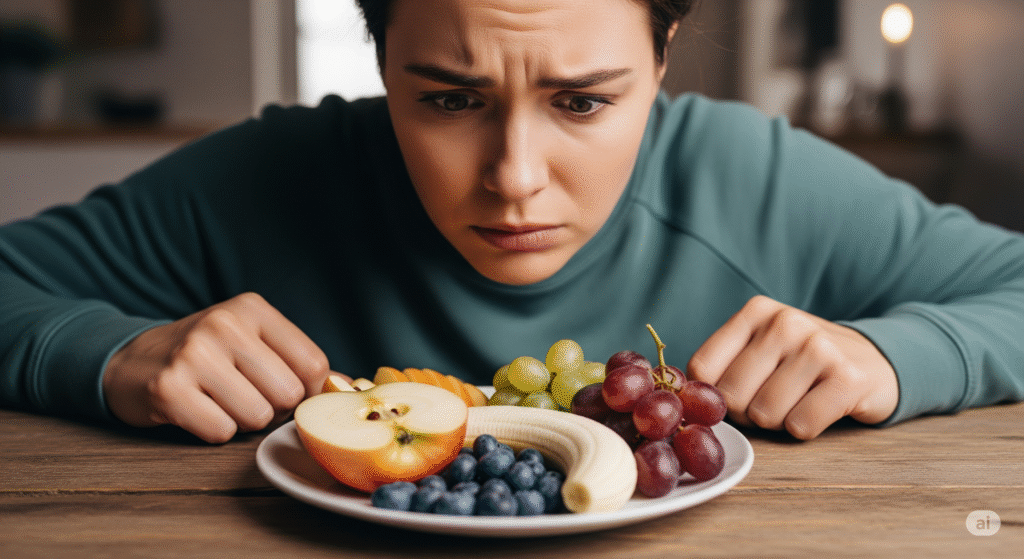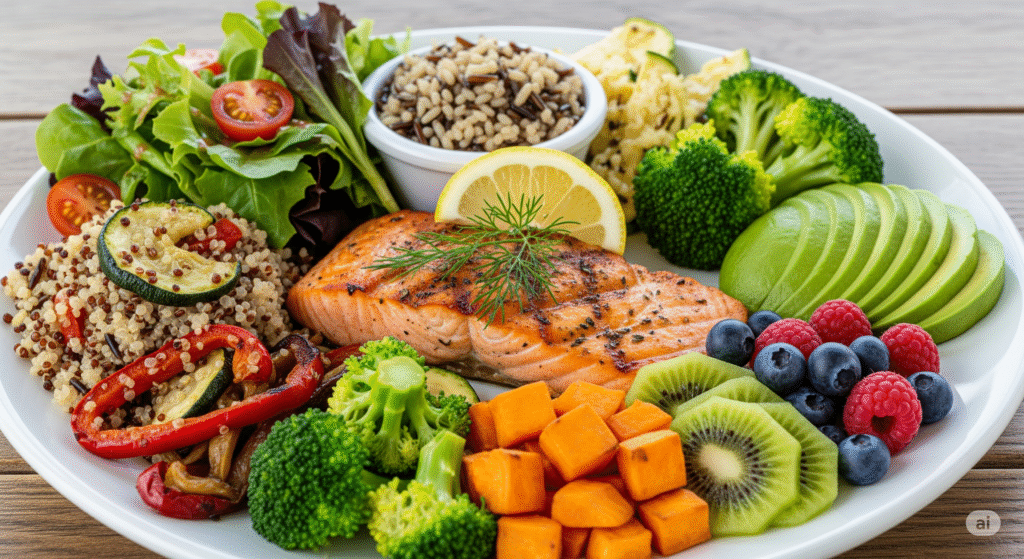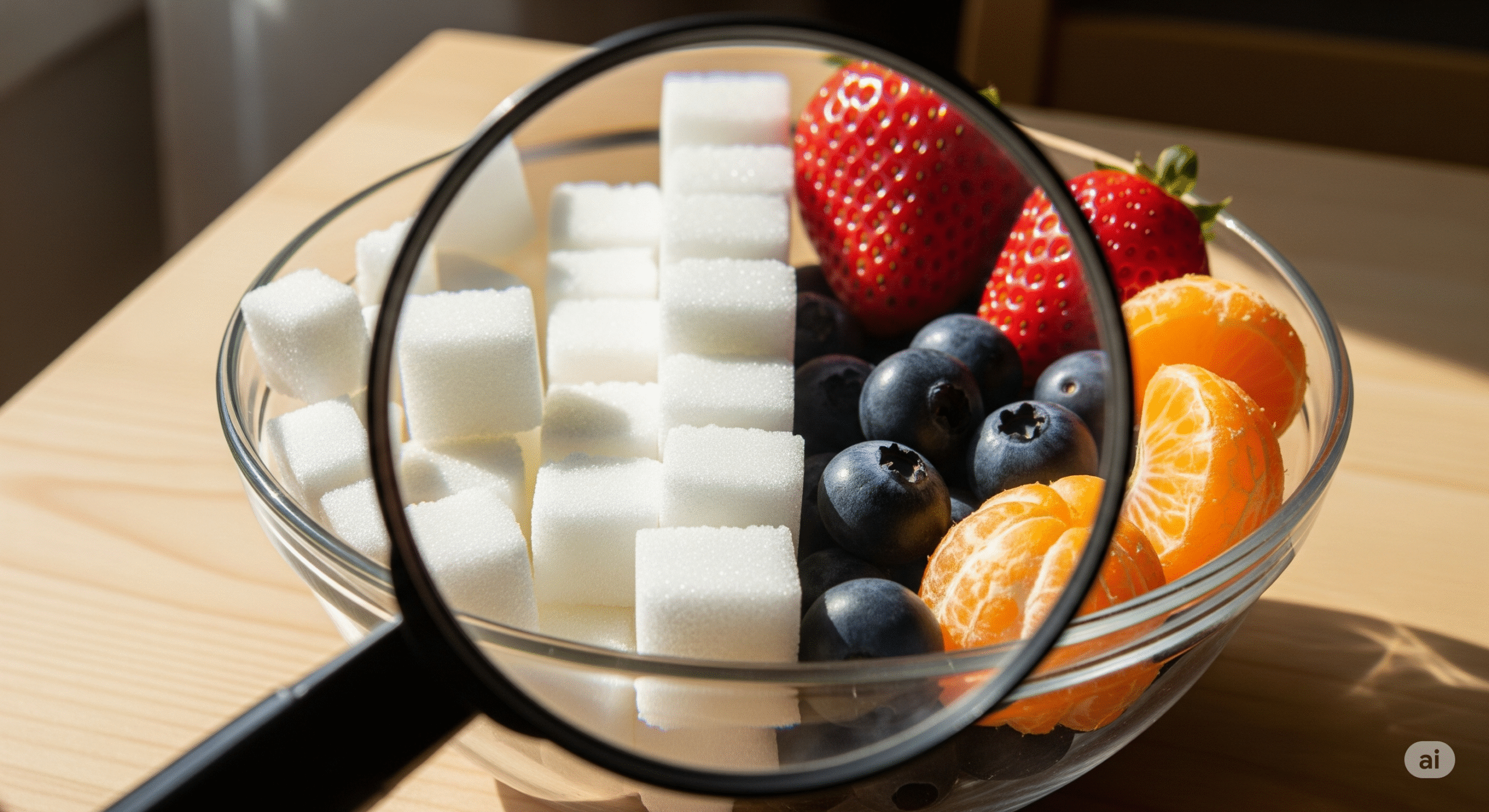Does Sugar Feed Cancer? The Cancer and Sugar Myth: What Science Really Says About Sugar and Cancer
It’s a claim that’s been shared in wellness blogs, social media posts, and even by well-meaning friends:
“Sugar feeds cancer.”
It sounds scary—and it’s easy to believe. But is it true?
Does eating sugar actually cause cancer cells to grow faster?
In this article, we’ll explore the myth about sugar and cancer, what science says, and how to make smart food choices without unnecessary fear.
🍬 Where Did the Sugar-Cancer Myth Come From?
This idea isn’t entirely made up. It’s based on the fact that all cells—including cancer cells—use glucose for energy.
Glucose is a simple sugar your body makes from the food you eat (especially carbohydrates), and it fuels every cell in your body, including your brain, muscles, and yes—cancer cells too.
But here’s the key point:
Just because cancer cells consume glucose doesn’t mean that eating sugar directly causes cancer or makes it worse.
The Science: Does Sugar Feed Cancer?
Research has shown that cancer cells do absorb more glucose than normal cells. This is how PET scans work—by tracking glucose uptake.
But that doesn’t mean eating sugar makes cancer grow faster.
According to the American Cancer Society and Cancer Research UK, there is no strong evidence that sugar directly causes cancer or that avoiding all sugar improves cancer outcomes.
What’s more important is your overall diet, weight, and lifestyle.
In other words:
- Sugar itself doesn’t “cause” cancer.
- But a diet high in added sugars can lead to obesity and insulin resistance, which do increase the risk of several types of cancer.
⚖️ The Real Risk: Obesity, Inflammation, and Insulin
High sugar intake is linked to:
- Weight gain
- Chronic inflammation
- Type 2 diabetes
- Hormonal imbalances
These conditions can create an environment in the body that makes it easier for cancer to develop or progress.
So while sugar isn’t directly feeding tumors, a poor diet and excess body fat can raise your cancer risk over time.
❌ The Danger of Cutting All Sugar

Some people react to the sugar-cancer myth by cutting out all carbs or fruits, thinking they’re protecting themselves.
But this can backfire.
Your body needs some glucose to function—especially your brain, red blood cells, and muscles.
Healthy sources of natural sugar include:
- Fruits
- Vegetables
- Whole grains
- Legumes
Completely avoiding carbs can lead to:
- Low energy
- Brain fog
- Nutrient deficiencies
- Disordered eating behaviors
🍎 Focus on Type of Sugar, Not Elimination
Not all sugar is the same.
❗ Harmful:
- Sugary drinks (sodas, energy drinks)
- Candy and desserts with added sugars
- Packaged snacks and processed foods
These contribute to excess calories, insulin spikes, and inflammation.
✅ Healthier options:

- Fruit (yes, fruit contains sugar—but it’s packed with fiber and antioxidants)
- Sweet potatoes
- Whole grain carbs
- Natural yogurt (unsweetened)
What Experts and Organizations Say
“All cells, including cancer cells, use glucose for energy. However, there’s no evidence that eating sugar will make cancer grow faster.”
— American Cancer Society“Sugar doesn’t cause cancer, but a diet high in sugar may lead to obesity, which is a risk factor for several cancers.”
— Cancer Research UK“What matters is your overall eating pattern—not a single nutrient.”
— World Cancer Research FundTop 10 Stress Management Techniques for Total Body and Mind Wellness
✅ Smart Guidelines for a Balanced Diet
Instead of fearing sugar, aim for balanced nutrition that supports your whole body.

Here are some science-backed tips:
- Eat whole foods: Focus on fruits, vegetables, whole grains, lean protein, and healthy fats.
- Limit sugary drinks: Replace soda and energy drinks with water, herbal tea, or flavored sparkling water.
- 📉 Watch portion sizes: Especially for desserts and processed snacks.
- 💪 Move regularly: Exercise helps regulate blood sugar and supports a healthy weight.
- 😴 Sleep well: Chronic sleep deprivation raises stress hormones that can affect sugar cravings and metabolism.
- Manage stress: Stress can increase sugar cravings and disrupt your body’s natural balance.
📚 Trusted External Resources
- American Cancer Society – Sugar and Cancer
- Cancer Research UK – Sugar and Cancer Risk
- World Cancer Research Fund – Diet and Cancer
- Mayo Clinic – Added Sugars
❓Frequently Asked Questions (FAQs)
❓Does eating sugar cause cancer?
No. Eating sugar does not directly cause cancer. However, diets high in added sugar can lead to obesity and inflammation, which do increase cancer risk.
❓Should cancer patients avoid all sugar?
There’s no medical reason to cut out all sugar. Instead, focus on nutrient-dense foods and limit processed sugar. Cancer patients should follow dietary advice from a qualified medical professional or dietitian.
❓Is fruit bad for you because it has sugar?
No. Fruits contain natural sugars along with fiber, vitamins, and antioxidants. They are not linked to cancer risk—and in fact, may help prevent cancer.
❓What’s the difference between natural and added sugar?
- Natural sugars are found in whole fruits and dairy.
- Added sugars are put into foods during processing (like in soft drinks, candy, cakes).
It’s the added sugars you want to minimize.
❓Should I follow a keto diet to prevent cancer?
There is no conclusive evidence that keto diets prevent cancer. While some clinical trials are ongoing, the keto diet may not be suitable or necessary for everyone. Always consult a healthcare provider.
Final Thoughts: Don’t Fear Sugar—Understand It
There’s no need to live in fear of sugar or cut out fruit and whole grains from your diet.
The real danger lies in:
- Chronic overconsumption of added sugar
- Unbalanced diets
- Lack of physical activity and poor lifestyle choices
A healthy lifestyle—rich in whole foods, movement, sleep, and joy—is your best defense.
So enjoy that banana. Eat that sweet potato. Your body and brain need fuel—and they function best when that fuel is balanced, not restricted.
